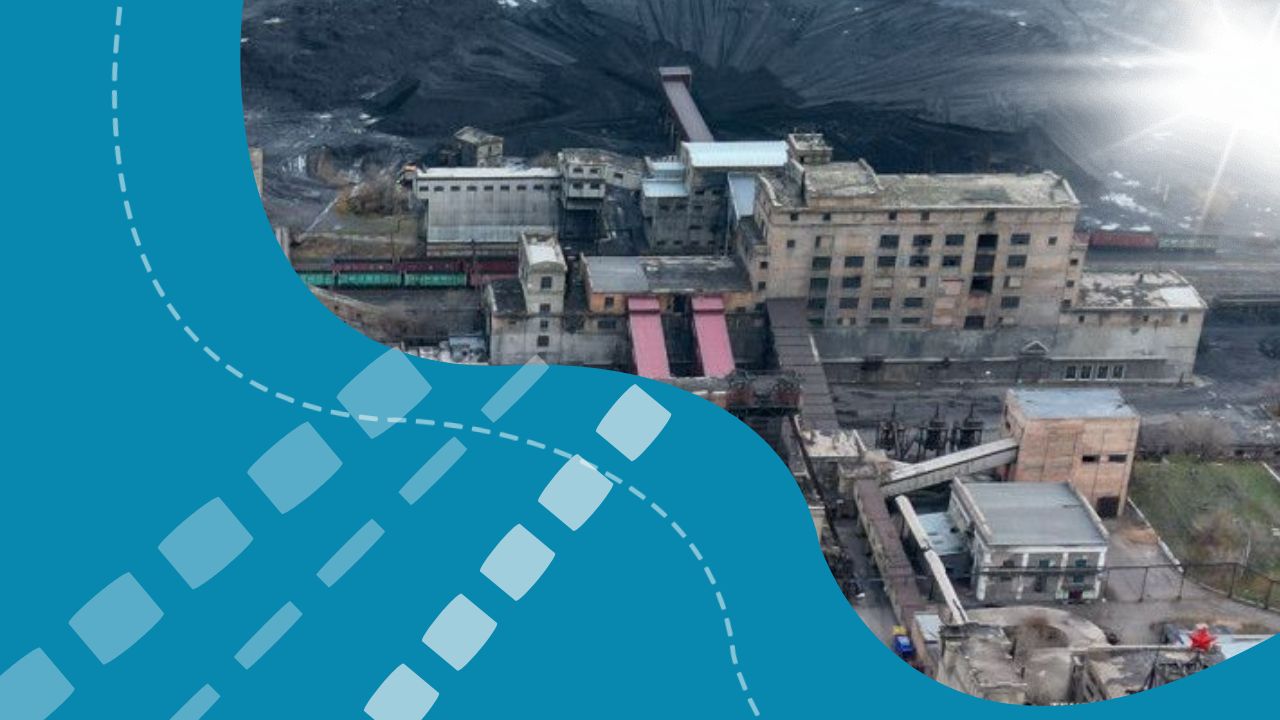One of the pressing issues in Kazakhstan’s mining industry is the processing of technogenic mineral formations (TMF). For the past 80-90 years, waste from the mining and metallurgical sectors has accumulated on industrial sites. This includes not only industrial sectors but also waste from the energy sector, found across all regions regardless of economic focus. TMFs, which include tailings from enrichment processes, low-grade ore, slags, clinkers, cakes from metallurgical production, and ash from burning solid fuels, are present in almost every region of the country.
TMFs are viewed both as a potential source of additional profit and as an existing and potential environmental threat. The classification of TMFs, whether as subsoil or waste, and the subsequent taxation, remains a contentious issue. On April 9, in Astana, the Working Group under the Committee of the Geological Industry, Mining, Coal Mining, and Metallurgical Industry of the Presidium of the NCE “Atameken” began discussions on these problematic issues. Gulnara Kadirzhanovna Bizhanova, Deputy Chairman of the Board of NCE RK “Atameken,” provided insights.
Bizhanova noted that the volume of TMF is dynamically growing due to increased mining and processing activities. Kazakhstan has accumulated over 60 billion tons of TMFs, with an annual processing rate of only about 11%, compared to 70-80% in developed industrial countries. The significant accumulation of TMFs, potential valuable components, and negative environmental impacts necessitate their processing and subsequent reclamation.
The role of TMF processing is crucial in enhancing economic efficiency and rational use of natural resources, requiring a comprehensive approach. However, the classification of TMFs into private and state-owned categories, and the risk of double taxation, limit the possibilities for secondary use. Addressing these issues requires legal frameworks to regulate ownership and taxation, reducing financial burdens and stimulating investment in new technologies.
Bizhanova identified economic and regulatory barriers, such as high processing costs, lack of infrastructure, and unclear legal bases, as major obstacles. Additionally, the Environmental Code’s emission fee for re-placing TMFs is seen as counterproductive, as users already pay for initial placement. Clear legal guidelines could stimulate active engagement in TMF processing, improving economic and environmental outcomes.
Active TMF processing would bring economic benefits by reducing raw material costs and significant environmental advantages, pushing Kazakhstan towards a green economy.

